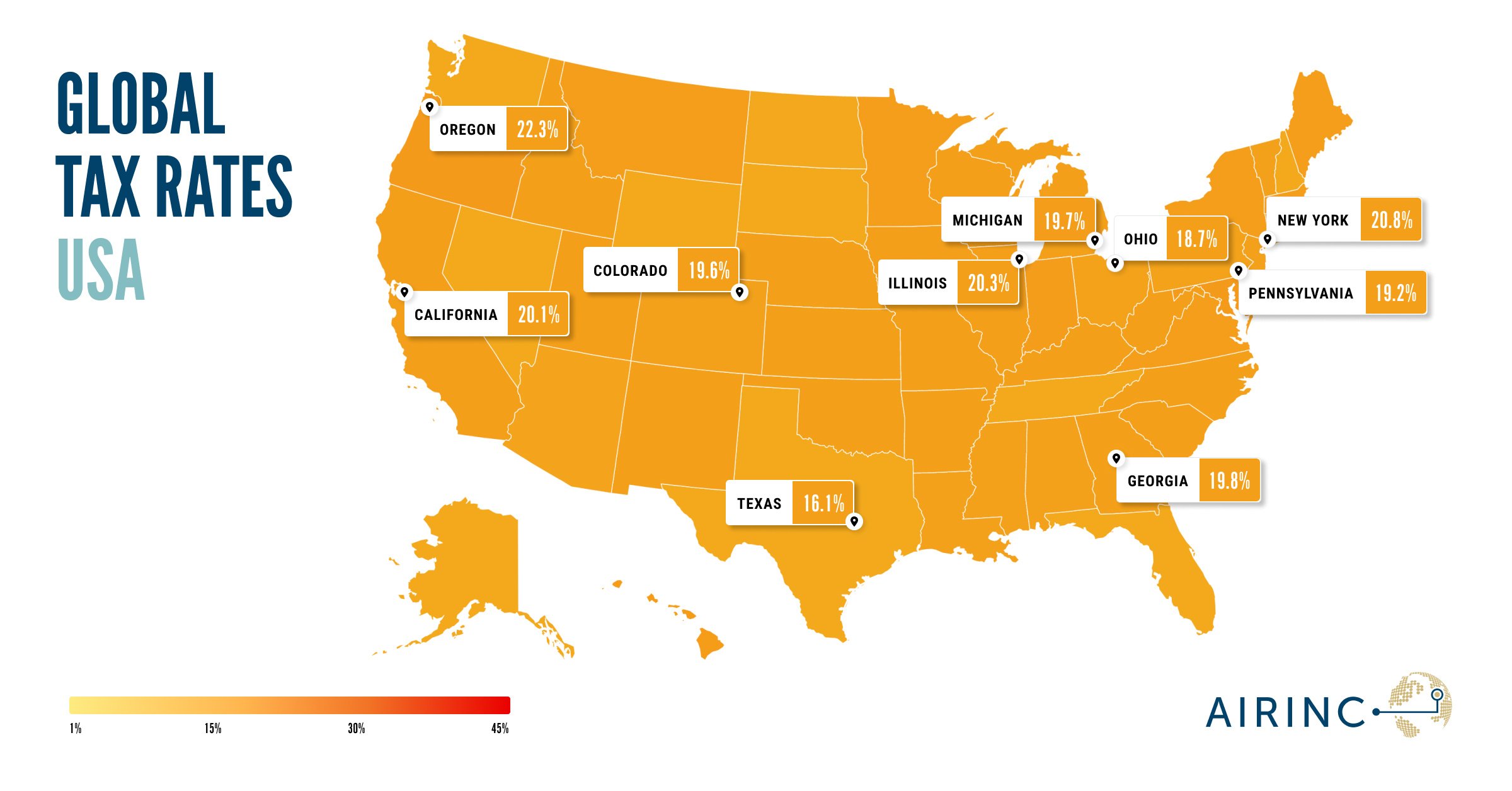The future of mobility in Asia and elsewhere is dependent on economic activity. We are now seeing volumes picking up, but also concerns about recession. Governments in Asia are looking to stimulate their economies to recover from the pandemic. I will cover three tax developments below.
Indonesia
In Indonesia, one effort to promote economic activity is the introduction of the Digital Nomad visa. This follows other countries who have already implemented Digital Nomad visas. But this one is a bit different. The visa allows qualifying individuals to remain in Indonesia for 5 years. And from a tax perspective, the possibility to be tax-exempt for that 5-year period. The goal is to boost the tourism sector by bringing in high income and high spending expatriate employees to Indonesia. Bali is likely to be a top destination.
The key requirement to the tax exemption is to prove that the income is derived from outside Indonesia. For me, I think this means for typical expatriate employees they need to work for and be paid by a non-Indonesian employer. The tax authorities probably do not want the arrangement to be ‘double-exempt’ – meaning it is okay the income receive by the employee is exempt because the employer is not claiming a corporate deduction in Indonesia.
The Digital Nomad visa is currently only a proposal. If approved, this would be the one of the longest Digital Nomad visas in the world and allows the longest periods of tax exemption.
Thailand
Next up, Thailand. Thailand is just now completing a 3-month temporary reduction in social security rates for the period May to July 2022. The program reduced the contribution rate from 5% to 1%. Rate returns to 5% in August. This reduction was in response to high energy costs in Thailand. The wage base used to decide the maximum contribution is low so overall the savings for the 3-month rate reduction are modest at THB 1,800.
A new program called the Long-Term Resident Visa (LTR) is being implemented to attract High Potential foreign nationals to Thailand. Applications for the LTR visas will begin in September and are renewable every 10 years. As with Indonesia, the program is intended to stimulate the economy after the pandemic.
I won’t cover the details and qualifications for each of the four classes of foreign nationals eligible for the LTR – wealthy global citizens, wealthy retirees, remote workers for ’well-established‘ companies, and Highly-Skilled Professionals (HSP) engaged in certain targeted industries. But it is that last group – the Highly-Skilled Professional group – who can qualify for an attractive expatriate tax concession. Those who qualify for HSP are subject to a flat 17% income tax rate compared to the regular progressive tax system with a top marginal tax rate of 35%.
Cambodia
Finally, Cambodia has introduced a new pension scheme. Well, somewhat new as the legislation passed in 2021 and is being implemented with a phased-in approach. The scheme is through the National Social Security Fund (NSSF) and funds programs including old-age pension, disability pension, survivor benefits, and funeral benefits.
Contributions are made equally by employees and employers. Initially the rate is 2% for the first 5 years of the program, the rates in increase to 4% for next 5-year period, and thereafter the total contribution rates increase 2.75% after every 10 years. There is also a supplementary voluntary pension – funded only by the employee. Employees must contribute to the voluntary pension at the same or greater rates than the compulsory scheme.
It’s important to note this does not apply to public sector employees (only private industry) but it does not appear that expatriate employees are exempt from making contributions.
The contribution wage base is extremely low, so the maximum annual contribution is not material at KHR 288,000. It reminds me of the new China private pension scheme introduced in 2022, which also has very modest contribution levels. This may be the beginning of a trend for Asian countries to enhance their retirement pensions.
Need more information on international tax? Contact us our tax experts now!




%20(33).png)



